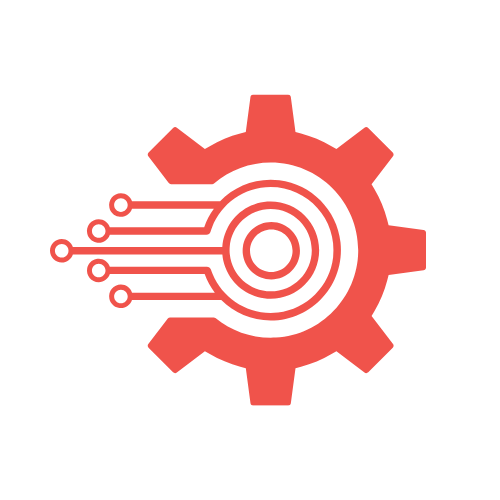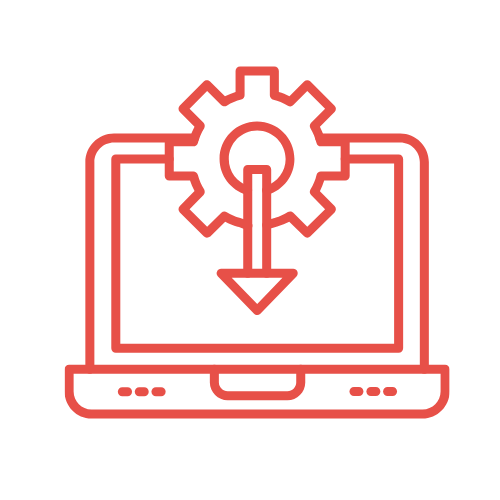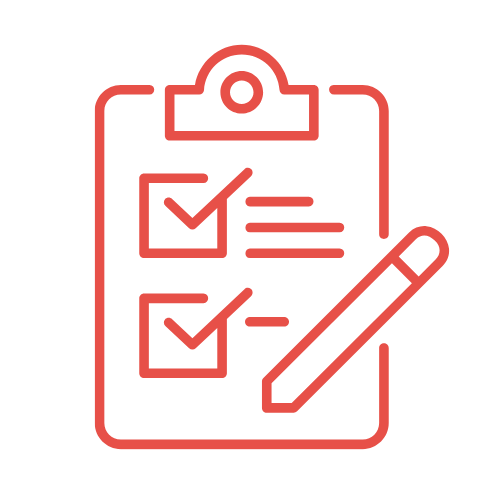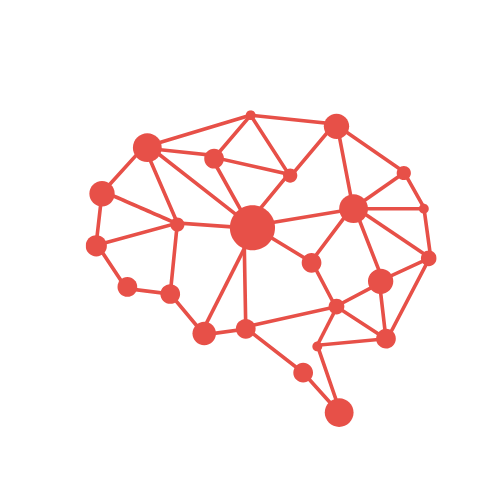
As the data collection methods have extreme influence over the validity of the research outcomes, it is considered as the crucial aspect of the studies

April 2025 | Source: Becker’s Hospital Review
In the fast-changing world of healthcare, organizations are beginning to use Artificial Intelligence (AI) technology to help streamline their administrative functions, such as scheduling, billing, and claims processing, and improving operational efficiency, minimizing expenses, and alleviating the amount of work healthcare professionals have to do, allowing them more time to spend with patients.

AI is changing the complicated process of medical billing and coding. Traditional methods face the possibility of errors, leading to claim denials and loss of revenue. AI systems can utilize the most appropriate data from patients’ records, find the right billing codes, and ensure compliance with government regulations.
For example, AI-based solutions are considerably faster, more accurate, and more efficient, and represent considerable savings on the claims process.
Scheduling inefficiencies can cause patient no-shows and resource waste. AI-driven scheduling systems examine long-term patient behaviour patterns by analyzing appointments to appropriately assign appointment times to patients to reduce the risk of patient no-shows and under-use of resources.
In addition, scheduling systems can allow for other real-time changes, assuring providers that they can utilize more patients without burdening staff.
AI improves the accuracy and speed of claims processing by verifying patient information, diagnosis codes, and payer-specific rules. Automation of claim submission reduces the time for reviewing and correcting claims, resulting in reimbursement faster, and AI denial management tools look at historical claims data to evaluate potential denials, which can be used by billing teams to address before submission.

Apollo Hospitals is ramping up its investment in AI as a way to lessen the burden on medical professionals, as well as to automate manual medical records processes such as documentation. AI tools will help, for example, with patient diagnosis, conducting tests, recommending treatment options, and even adding doctors’ notes. The hope is to return two or three hours a day to healthcare workers, which will also improve productivity and patient care.
UPMC has reported considerable cost savings in the revenue cycle management space after implementing AI solutions. Specifically, UPMC has taken advantage of automation in administrative work, which has been able to minimize billing errors and scheduling issues, as well as improve operational efficiency and patient satisfaction.

AI has a lot to benefit to provide, but the ethical aspects must be considered as important foremost in conversation. The first step is to train AI systems using appropriate data that lacks bias and is diverse and representative. This reduces demographic bias in healthcare provision. The second step is to build AI models that are transparent enough for clinicians and patients to follow. This builds trust, and it will facilitate the sharing of AI systems in practice.

At Statswork, we fully appreciate the power of AI and its impact on healthcare administration. Our strength is in:

AI is achieving a more widespread utilization in healthcare administration, which will completely change the operational efficiencies. With routine tasks being automated, healthcare organizations can lower costs, lower error rates, and spend more time caring for patients. As AI continues to advance, the implementation of administrative functions will only increase.
Accelerate your healthcare organization’s operational efficiencies with AI technology and services. Reach out to Statswork to experience the power of AI in automating administrative tasks and improving patient care!
WhatsApp us